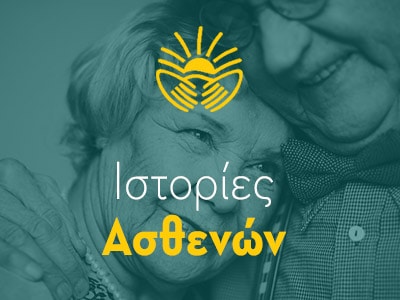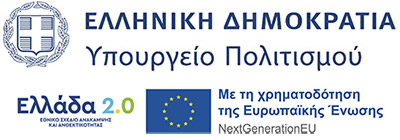HOSPICE Casa Sperantei is a partner and coordinator of RESPACC – ‘Research for Palliative Care Clinicians’ – a new Erasmus + project (no. 2020-1-RO01-KA202-080128), that aims to introduce basic research competencies to the day-to-day practice of palliative care clinicians. Liliana Stănciulescu, Physician, Laura Iosub, PR Coordinator for Education and National Development, and Oana Predoiu, Project Manager, HOSPICE Casa Speranței, Brasov, Romania, and members of the project, explain more.

What is the minimum skill palliative care professional needs to be able to find relevant articles and be able to discern what is really appropriate to apply in practice?
How to understand the results of statistical tests and key principles in a scientific paper? How to do a study? How to design a study protocol? How to approach ethical issues? How to collect the right data? What kind of data?
The project RESPACC tries to answer all these questions.
Medical research has made a fundamental contribution to health and wellbeing over the past 50 years. Well-directed, high-quality research can answer important questions and provide evidence to inform decisions in clinical practice and policy development.
Research as one of the core competencies in palliative care is important. Thus, a better understanding of research from professionals will contribute to reducing the gap between researchers and palliative care professionals, with the opportunity to replicate for other clinical specialties.
 The project RESPACC aims to include basic research competencies as part of the clinical practice of palliative care professionals addressed, with the following objectives:
The project RESPACC aims to include basic research competencies as part of the clinical practice of palliative care professionals addressed, with the following objectives:
- Design effective education strategies for enhancing basic research competencies across members of multidisciplinary teams in palliative care.
- Stimulate the development and use of innovative approaches to increase the effective uptake of evidence-based research in palliative care.
- Increase the research capacity for practitioners in palliative care.
- Raise awareness among palliative care clinicians regarding the importance of research integration in clinical practice.
Complex activities are included in the project, such as: developing a core research competencies framework, a guideline related to critical reading and academic writing associated with four webinars on specific topics, a flow diagram for a research proposal with videos on specific topics, and guidance material about methodology, design, data collection and analysis of qualitative and quantitative research. All materials will be available in English, Romanian, Greek, and Spanish.
RESPAAC’s partners in the project are the European Association for Palliative Care, Galilee Palliative Care Unit (Greece), Universidad de Navarra (Spain), Universitatea Transilvania din Brasov Facultatea de Medicină (Romania), and HOSPICE Casa Sperantei (Romania), the applicant organization. We are confident that the mixed cultural and innovative approaches of our partners will increase the evidence-based research in palliative care.


